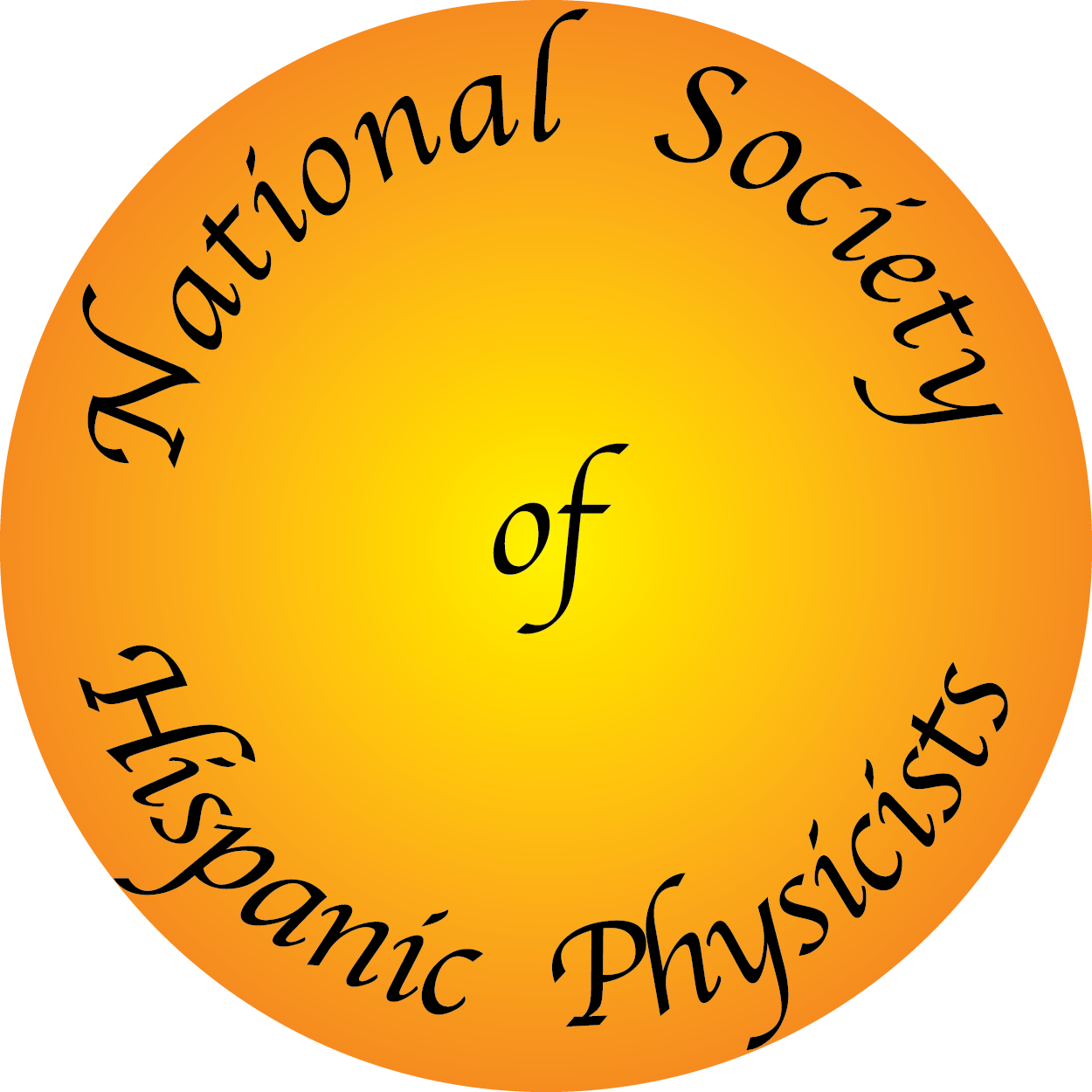2019 Winter Meeting WorkshopsListed below is a current list of workshops planned for the 2019 Winter Meeting. It is recommended that you register early for your workshop(s). Some workshops will fill-up early and others may be cancelled due to low enrollment. Some details are subject to change. LocationAll workshop will be held at the University of Houston. Buses will be running from the Westin Galleria Hotel to the university (click here for schedule) on Saturday and Sunday, January 12 and 13. Buses will drop off at UH at Entrance 14, outside the Fleming Building. Parking is available at the Visitor Parking lot at the Stadium Garage, 3874 Holman Street, for $5 per day on weekends, and $14 per day on weekdays (single access to garage only, not come-and-go). Please click here to view a map of campus. ResturantsPlease click here to view a list if resturants near the Univerisity of Houston RegistrationYou must pick-up your registration packet at the AAPT registration desk at the Westin Galleria before catching the bus to your workshop. CEU HoursEarn CEU hours for attending one of the AAPT workshops. Earn 0.40 hours for a 1/2 day workshop or 0.80 for a full day workshop.
Error in custom script module
Find out more and become a part of WM2019 on: Facebook | TwitterSome photos courtesy of visithoustontexas.com |

 Open Menu
Close Menu
Search
Open Menu
Close Menu
Search
- About
- COMMUNITIES
- Conferences
- Programs
-
Publications
- Publications Information
- AJP Website
- AAPT Book Archive
- AAPT News
- Browse AJP Online
- Advertising Media Kit
- Browse TPT Online
- The Physics Teacher TOC
- TOC Archive
- eNNOUNCER Archive
- AAPT Annual Report
- Physical Review Physics Education Research
- Physics Today
- AAPT Section News Archive
- News Archive
- AAPT ComPADRE Digital Library
- Membership
-
Resources
- Diversity, Equity, and Inclusion in Physics
- Journal Collections
- eAlliances
- Sustainability in Physics
- Students
- Colleges and Universities
- K-12 Portal
- PTRA
- AAPT ComPADRE Digital library
- Speakers Bureau
- AAPT Career Center
- Program Review
- Media Relations
- Policy & Legislation
- Guidelines and Recommendations
- Collaborators
- Giving
- Sign In
- Governance
- Contact
- Help
- Store

